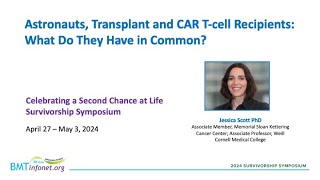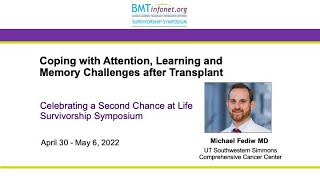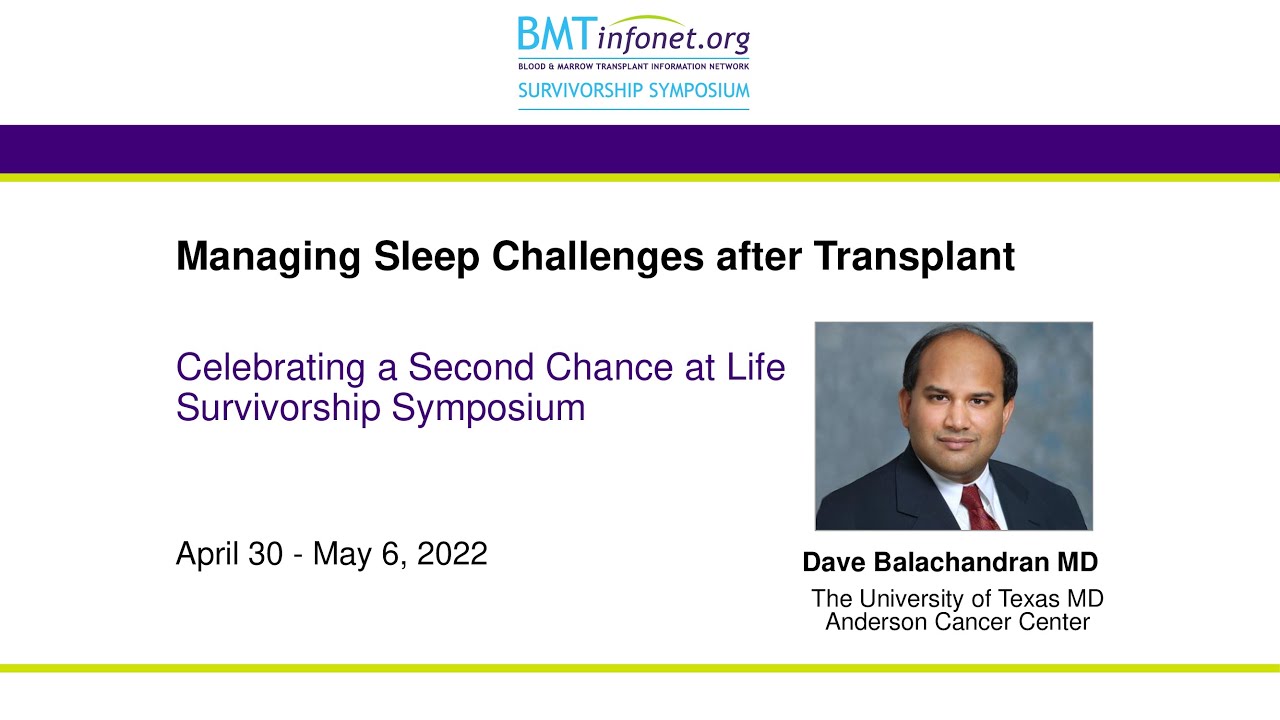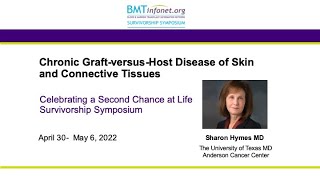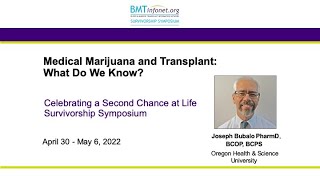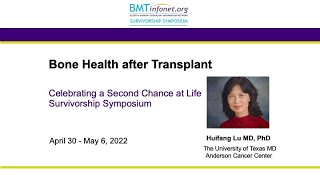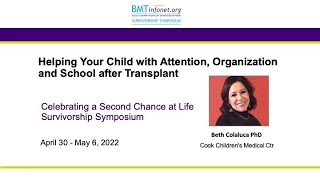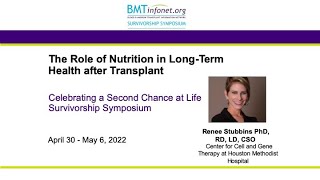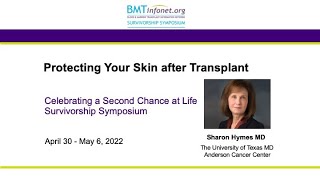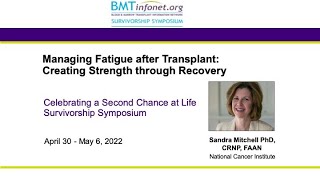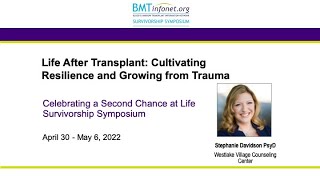Video Library
Leading transplant experts share vital information to help you make informed healthcare decisions before and after transplant.
Astronauts, Transplant and CAR T-cell Recipients: What Do They Have In Common?
Strategies astronauts use to stay fit during space flight can help bone marrow/stem cell transplant and CAR T-cell recipients.

One-on-One Peer Support
Talk to someone who has been a transplant or CAR T-cell patient or their caregiver. Get ideas to help you through treatment.

Join a Support Group
Join a private online support group for patients or caregivers living with chronic graft-versus-host disease (GVHD). Groups are also available for people who have received CAR T-cell therapy.

Find a Mental Health Provider
Find a mental health provider who understands what's involved in undergoing a transplant or CAR T-cell therapy or living with graft-versus-host disease (GVHD).
